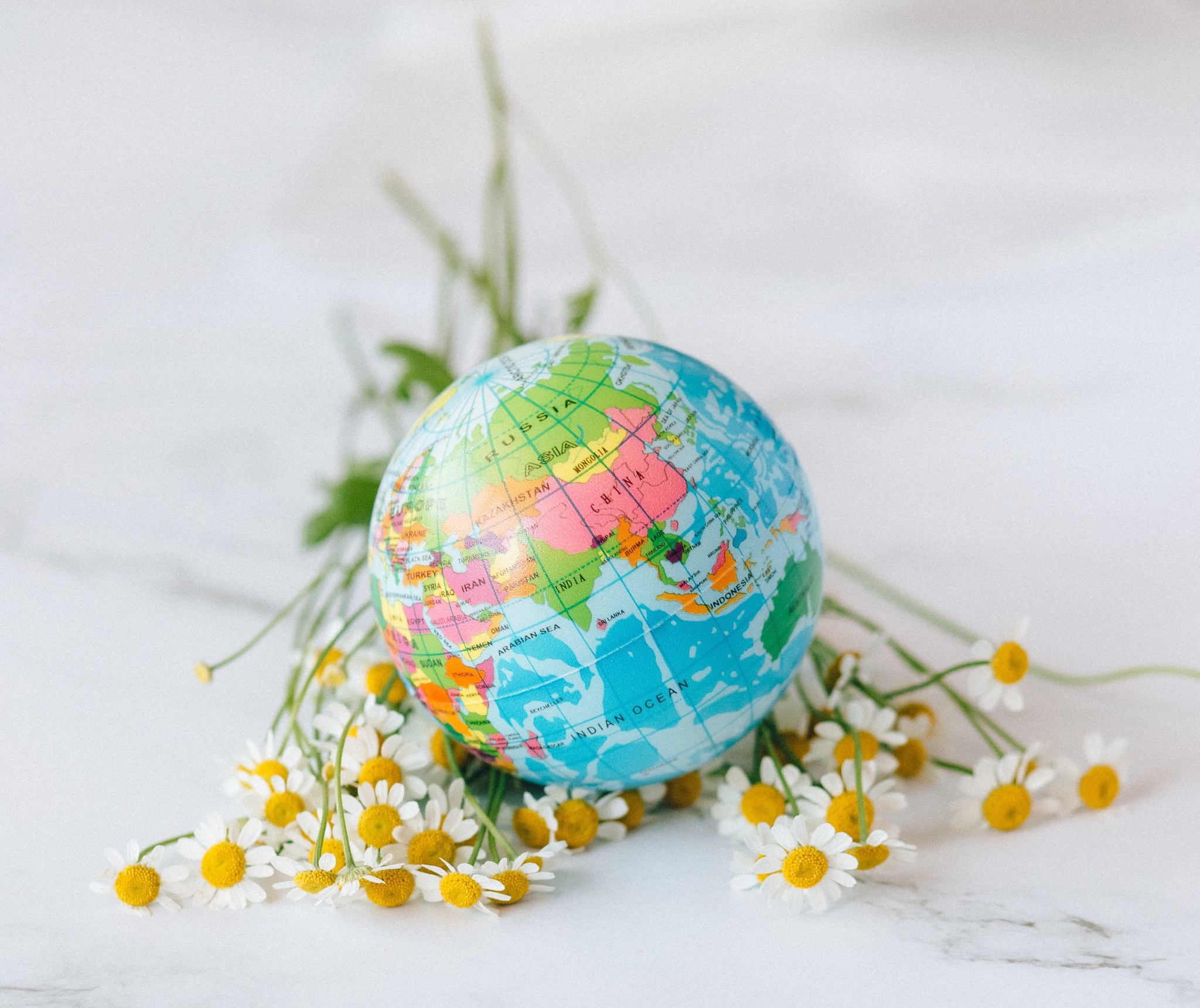The concept of the New World Order experienced significant transformations throughout the 20th century. The process of reordering keeps occurring. We are witnessing it again right here, right now. By Dr Natalia Slobodian.
In the aftermath of the Cold War and the collapse of the Soviet Union the development of the New World Order provided a framework of multilateral diplomacy and dialogue, founded on democratic principles and human rights, with a strong focus on sustainable economic development. The United States and European Union built up a new economic order based on open markets, global trade, climate positive economy and close cooperation. Climate change became an important concern that brings physical risks to all humanity. The ratification of the Paris Agreement in 2015 signalled the solidification of fresh regulations in the economy and politics, grounded on the principles of sustainable development.
The inclusion of countries like China and Russia into the global economy at the beginning of the 21st century was viewed as mutually beneficial for both the Western nations and the newcomers, with the assumption that these countries would eventually adopt market economies and democratic values. However, Russia and China perceived themselves as losers rather than winners in the forthcoming New Sustainable World Order.
This sentiment was aggravated by Russia’s invasion of Ukraine, which served as a test of the strength of the existing World Order. It is obvious that Russia’s intentions were not so much to annex Ukrainian territories, but above all to reshape the World Order and fix Russian leadership in it – that based on power.
Putin indicated this for the first time in his notorious speech at the Munich Security Summit in 2007. In that address, he spoke of Russia’s thousand-year history, emphasizing its longstanding privilege of pursuing an independent foreign policy. He firmly asserted Russia’s prominent role in the New World Order that emerged after the collapse of the USSR, and vowed to prevent Ukraine and Georgia from joining NATO. The subsequent aggression against Georgia in 2008, and the events that took place six years later, involving the annexation of Crimea and the conflict in Donbas, signified concrete actions carried out in accordance with Putin’s earlier pronouncements.
In a resolute and united manner, the European Union has embarked on a decarbonisation journey driven by shared principles of sustainability and resilience to climate change. Their determined pursuit of green objectives includes a firm commitment to divest the use of fossil fuels, notably coal, oil, and gas. Furthermore, the EU has implemented trade tax barriers, such as the Carbon Board Adjustment Mechanism (CBAM). This unwavering stance of Europeans has served as a catalyst, inspiring other economies, particularly the United States, to implement transformative changes in energy, heavy industry, transportation, and bolster investments in innovative research and development.
Nonetheless, these ground-breaking shifts have presented a powerful existential dilemma for the Russian elite. Specifically, the EU’s decision to stop using fossil fuels beyond the 2040 has directly threatened the economic and political stability of the Kremlin since the state budget was funded by the export of raw materials or semi-finished products that are heavily dependent on fossil fuels. Additionally, the fortunes of Russian oligarchs, who provide significant support for the current political regime, are closely tied to the export of these valuable resources.
Russian society has become accustomed to living in a state of perpetual war over the past few decades. From the Russian-Afghan conflict in the late 1970s and early 1980s, to the Russian-Chechen wars in the 1990s, next the Russian-Georgian war in 2008, the initial stages of the conflict with Ukraine in 2014, and the ongoing full-scale war with Ukraine since 2022, state involvement in armed conflicts has become the norm for Russian society. They viewed war as an opportunity to provide geopolitical impact, achieve economic advantages by manipulating global markets, or bolster their own economies by seizing and occupying the resources of other nations. Consequently, the request to act has arisen within countries but Russian political elite hasn’t known any other way how to react than with force.
For Russia, turning itself into a nation that is in the first rank geopolitically and economically is fundamental but using military force to achieve this doesn’t work. So, Russia has offered an alternative vision of a New World Order that is rooted in fear, instability, a return to an arms race, and the power of weaponry. On the contrary, the Western world advocates for the construction of a New World Order based on democratic values, respect for the rule of law, sustainable development, and climate protection.
In this proposed order, it is not the ownership of natural resources that will determine a country’s standing within the global community, but rather its commitment to democracy. Interests based on profit will no longer rule; instead, collective welfare including climate protection and the defense of democracy worldwide will take priority.
Dr Natalia Slobodian joined the Politics and IR team as a researcher in October 2022. Previously Natalia was Head of Department Climate Change at the energy company DTEK and head of Corporate think tank SE NPC Ukrenergo. She has more than 10-years’ experience as senior researcher and lecturer at Taras Shevchenko Kyiv National University.
Photo by Nataliya Vaitkevich: https://www.pexels.com/photo/a-globe-on-the-flowers-7235819/
 Politics
Politics Laura Cashman
Laura Cashman 1073
1073


